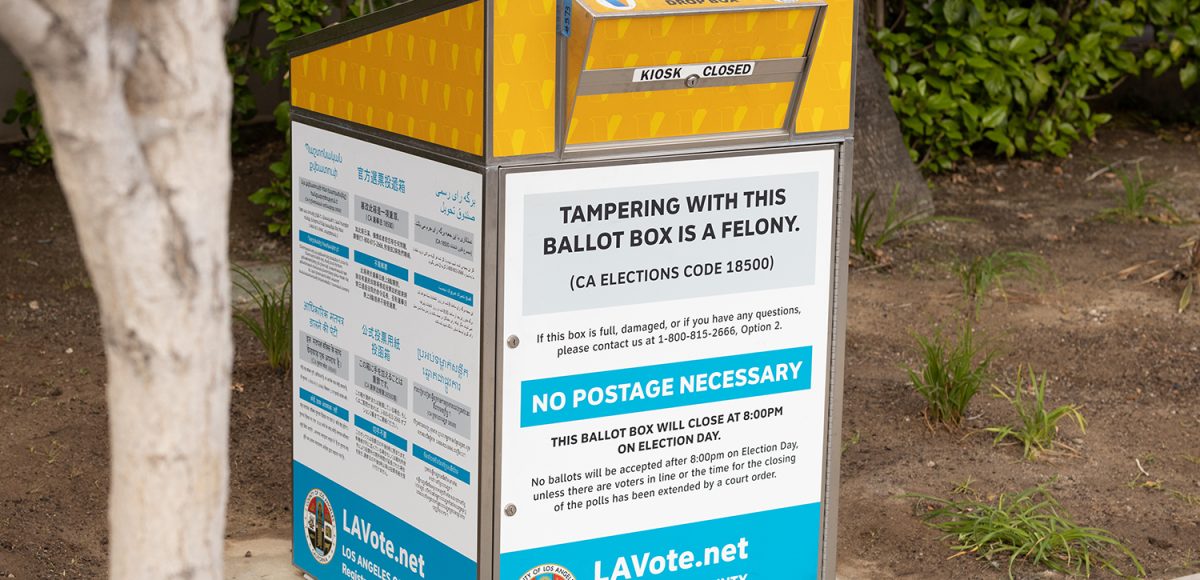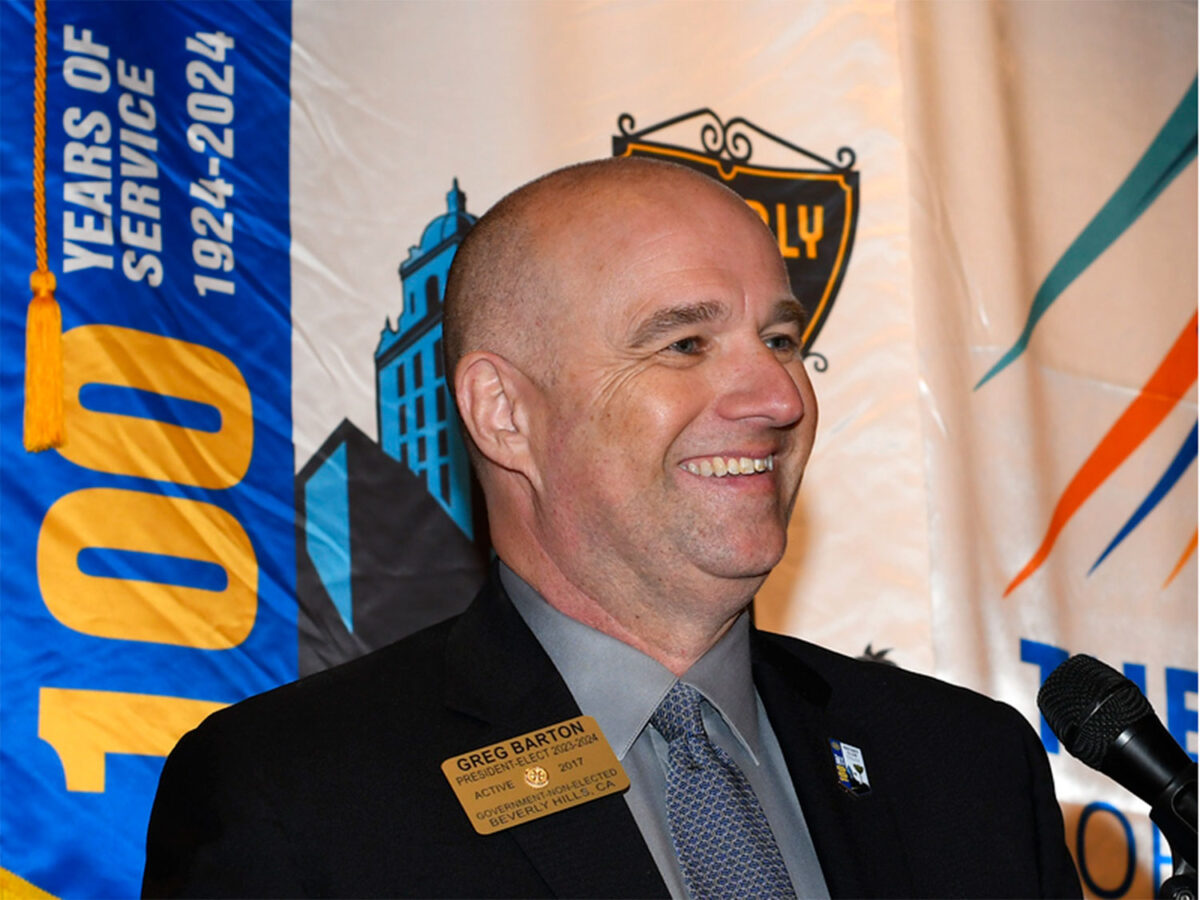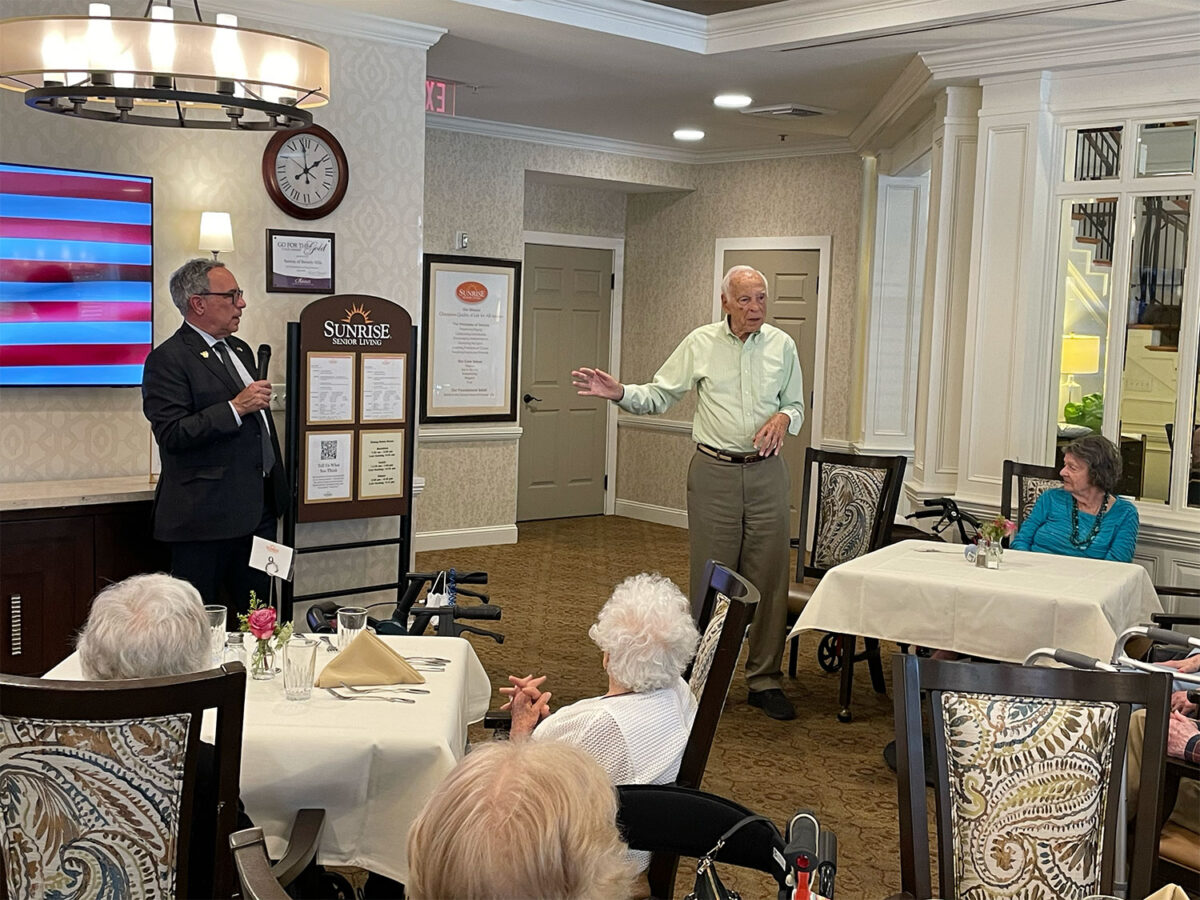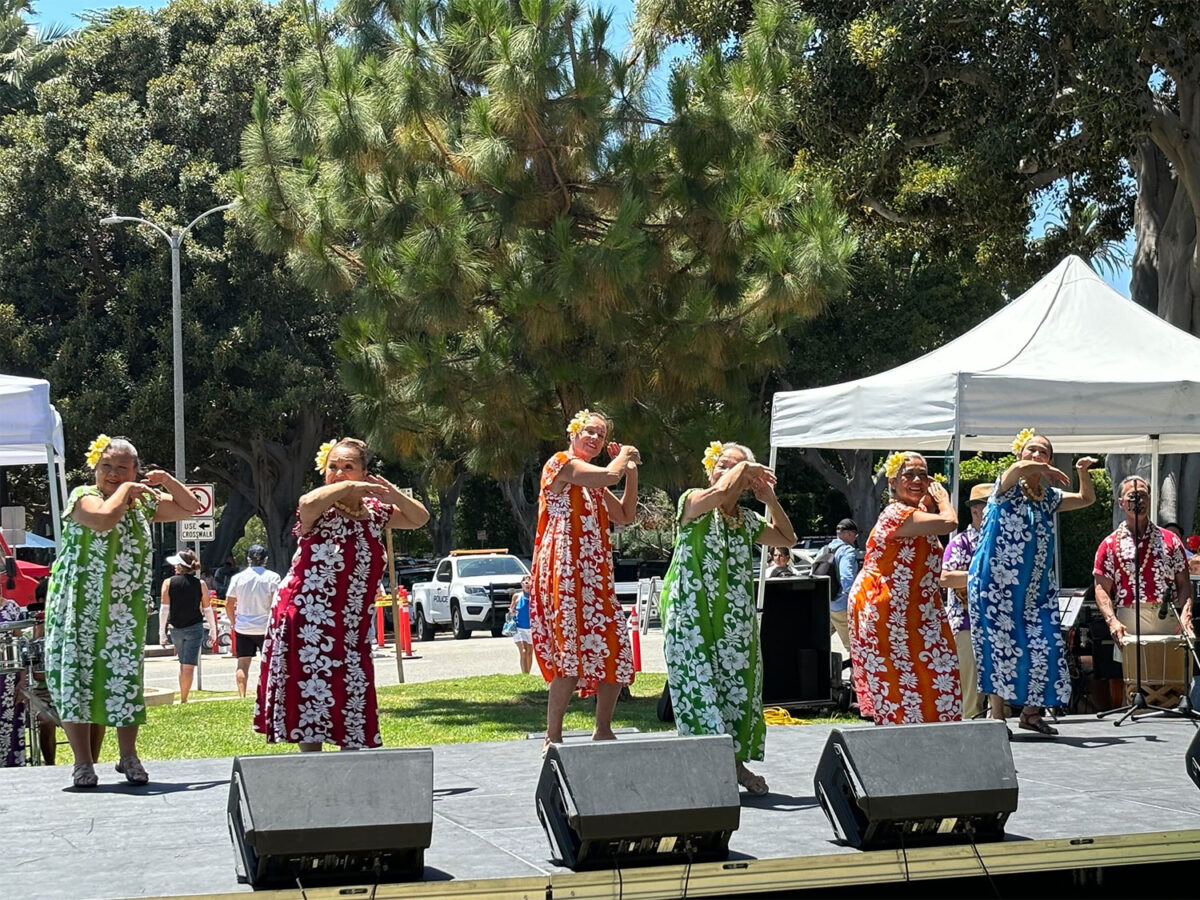The Beverly Hills City Council unanimously agreed to large changes to the city’s election transparency laws at a Jan. 18 meeting. The changes come on the eve of the 2022 election season, which culminates with voting on June 7 for three City Council seats, the City Treasurer, and a ballot measure on term limits.
“There’s no reason not to shine as bright a light on this as possible,” said Councilmember John Mirisch.
The ordinance combines large portions of a 2018 state election transparency law with elements of a local ordinance passed in 2010. The 2010 measure set campaign disclosure requirements for groups formed in support or opposition of ballot measures. Under the ordinance, so-called ballot measure committees would have to disclose in advertisements the identity of “top donors,” individuals or entities who contributed more than $10,000. Only the highest three top donors are displayed in advertising material.
The 2018 state law went further. The Democracy is Strengthened by Casting Light on Spending in Elections (DISCLOSE) Act set advertising standards in state elections for everything from print, television, radio, social media, and text messages. The law gets into the specifics of election advertising, detailing rules for background color, contrast with text, font size of disclosures, and the amount of time given to disclosures in shorter and longer radio commercials.
The DISCLOSE Act takes a narrower view on the definition of advertisements. Under the city’s prior ordinance, advertisements consisted of “any communication other than a personal communication between individuals,” according to a staff report. Now, taking its cue from the DISCLOSE Act, the city’s ordinance excludes things like most campaign buttons and bumper stickers, promotional items like pens and keychains, campaign apparel, and sky writing.
The updated ordinance also reduces the amount considered a top donor from $10,000 to $1,000. In an earlier meeting, City Attorney Laurence Wiener acknowledged that the $10,000 threshold was arbitrary when it was chosen in 2010.
While candidates for local office, who agree to a voluntary $80,000 spending limit, can only accept a maximum donation of $450, no such limits exist for Political Action Committees (PACs), organizations formed to support or oppose candidates or ballot measures. Following a controversial 2010 Supreme Court ruling, PACs can accept limitless donations provided that they do not coordinate their spending activity with candidates.
A letter submitted by a group of more than 30 prominent residents in favor of the $1,000 top donor threshold argued that PACs “undermine the policies that the City’s contribution and expenditure limits are designed to promote.”
The 2020 City Council race saw the participation of two PACs, most notably the Beverly Hills United to Support Bosse and Gold for Council 2020. While both Bosse and Gold agreed to the $80,000 spending limit, the PAC supporting them spent an additional $112,500, according to filings with the city. Many of the donations to the PAC sat just below the $10,000 threshold, with none exceeding $10,000. Under the new threshold, the names of the top three largest donors surpassing $1,000 would appear in its advertisements.
Councilmember Lester Friedman expressed the most opposition to the $1,000 threshold, though he ultimately voted in favor of the amount. “One thousand [dollars] just seems like a really low threshold to be considered a top contributor,” he said, pointing out that all contributions had to be reported to the city clerk.
The Council also moved to adopt a new state law that mandates fuller disclosure for Limited Liability Companies (LLCs). Under prior law, LLCs could make contributions or spend money in support of candidates and ballot measures without disclosing any information about the source of funds or the individuals in control of the LLC. A new law that went into effect in the new year, S.B. 686, states that LLCs that qualify as committees or sponsor a PAC must file detailed membership information to the California Secretary of State’s office.
The City Council agreed to codify a similar provision in the city’s own election transparency ordinance, requiring any LLC that spends $1,000 in Beverly Hills elections to file the same paperwork with the city clerk.
Lastly, the Council agreed that the city’s ordinance would automatically update whenever updates are made to the DISCLOSE Act.
The full text of the ordinance will be brought before the Council at its Feb. 8 Regular Meeting for a final vote.







